

Tao Te Ching
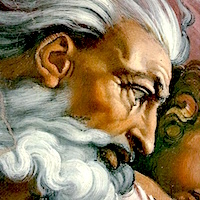
God
The meaning of the word “God” probably has as many different nuances and meanings as people who try to define it. In a conversation between Alyosha and Kolya in The Brothers Karamazov, Kolya philosophizes, “I’ve nothing against God. Of course, God is only a hypothesis, but… I admit that He is needed.. for order, universal order and all that… and that if there were no God, He would have to be invented.” One of the biggest distinctions is probably between a theistic and a non-theistic definition, a dualistic and a non-dualistic understanding. Judaism, Christianity, and Islam represent the former; Taoism, Buddhism, and the mystic traditions within all religions the latter.
Most often, “God” seems to be a projection in human terms and this brings about searing contradictions. The pre-Socratic philosophers debated this. They questioned the discrepancy between the idea of a benevolent God coexisting with evil in the world. If God is omnipotent and benevolent, why doesn’t he prevent pain and suffering? Epicurus reconciled this by proposing that the universe is so large, He doesn’t have time, humans aren’t the priority. But beyond that, doesn’t the reality of evil imply an incompetent “Creator?” The theistic interpretations of “God” all seem to fall apart because of the reality of evil.
Quotes (122)
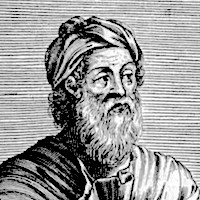
“Ethiopians make their gods black and snub-nosed; the Thracians say theirs have blue eyes and red hair... if oxen and horses had hands and could paint, they would paint the forms of gods like horses and oxen.”
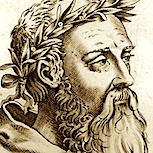
“God is day and night, winter and summer, war and peace, surfeit and hunger; but he takes various shapes, just as fire, when it is mingled with spices, is named according to the savor of each.”

“Concerning the gods, I have no means of knowing whether they exist or not, nor of what sort they may be, because of the obscurity of the subject, and the brevity of human life.”

“About the gods I have no means of knowing either that they exist or that they do not exist or what they might look like. Many things prevent my knowing like the fact that they are never seen.”
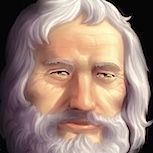
“Gods manifest themselves in many forms,
Bring many matters to surprising ends;
The things we thought would happen do not;
The unexpected occurs.”
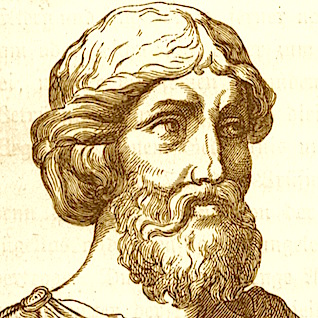
“The gods are not to be feared; death cannot be felt; the good can be won; all that we dread can be conquered.”

“The gods can either take away evil from the world and will not, or, being willing to do so cannot, or they neither can nor will, or lastly, they are both able and willing. I they have the will to remove evil and cannot, then they are not omnipotent. If they can, but will not, then they are not benevolent If they are neither able nor willing, then they are neither omnipotent nor benevolent Lastly, if they are both able and willing to annihilate evil, how does it exist?”
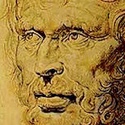
“Any belief in a God who takes an interest in punishing or rewarding humans can’t rise above a virulent form of superstition.”
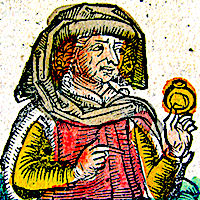
“It is expedient that there be gods, and—since it is expedient—let us believe that they exist.”

“Do not avenge yourselves, beloved, but leave room for God's wrath. For it is written: "Vengeance is Mine, I will repay, says the Lord."”
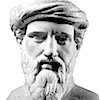
“Looking outward we see many faces; look inward and all is one head. If a man could but be turned about, he would see at once God and himself and the All.”

“What was one more god? Gods were like the flotsam that washed up with the waves, always coming and going, and those big enough to remain gradually were worn away by wind and water and time. The Christ and his priests were different. They would change everything.”
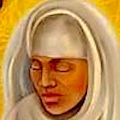
“Since no one really knows anything about God, those who think they do are really just troublemakers.”

“All of creation God gives to humankind to use. If this privilege is misused, God’s justice permits creation to punish humanity.”

“If the believer understood the meaning of the saying 'the color of the water is the color of the receptacle', he would admit the validity of all beliefs and he would recognize God in every form and every object of faith.”
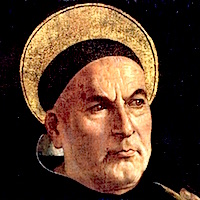
“Wherever complex design exists, there must have been a designer; nature is complex; therefore nature must have had an intelligent designer.”

“As the Godhead is nameless, and all naming is alien to Him so also the soul is nameless; for it is here the same as God.”

“The eye through which I see God is the same eye through which God sees me; my eye and God's eye are one eye, one seeing, one knowing, one love.”
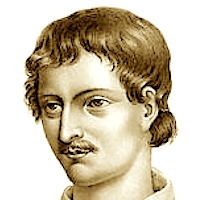
“We have the knowledge not to search for divinity removed from us if we have it near; it is within us more than we ourselves are.”
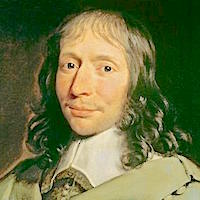
“I rather live as if God exists to find out that He doesn't than live as if he doesn't exist to find out He does.”
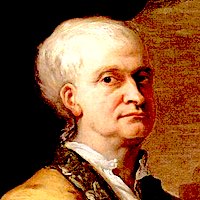
“This most beautiful system of the sun, planets and comets, could only proceed from the counsel and dominion of an intelligent and powerful Being.”
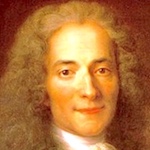
“God is a comedian playing to an audience that is too afraid to laugh, a circle whose center is everywhere and circumference nowhere.”

“I want my lawyer, my tailor, my servants, even my wife to believe in God, because it means that I shall be cheated and robbed and cuckolded less often. ... If God did not exist, it would be necessary to invent him.”
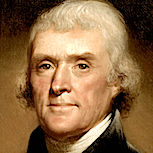
“That sect [Jews] had presented for the object of their worship, a being of terrific character, cruel, vindictive, capricious and unjust... cruel and remorseless as the being whom they represented as the family God of Abraham, of Isaac and of Jacob, and the local God of Israel.”

“Question with boldness even the existence of a God; because, if there be one, he must more approve of the homage of reason, than that of blind-folded fear.”
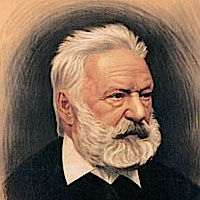
“God manifests himself to us in the first degree through the life of the universe, and in the second degree through the thought of man. The second manifestation is not less holy than the first. The first is named Nature, the second is named Art.”
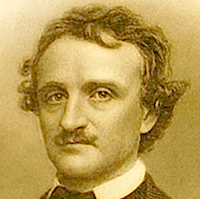
“The idea of God stands for the possible attempt at an impossible conception. We know nothing about the nature of God.”
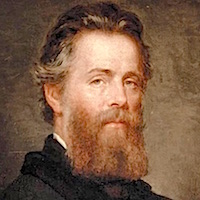
“How then can this one small heart beat; this one small brain think thoughts; unless God does that beating, does that thinking, does that living, and not I.”
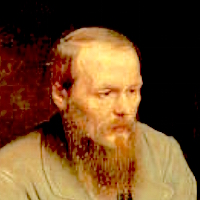
“The awful thing is that beauty is mysterious as well as terrible. God and the devil are fighting there and the battlefield is the heart of man.”

“And what's strange, what would be marvelous, is not that God should really exist; the marvel is that such an idea, the idea of the necessity of God, could enter the head of such a savage, vicious beast as man.”
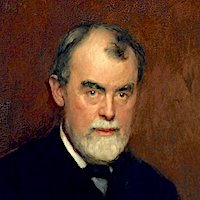
“If I were to start as a God or a prophet I think I should take the line: 'Thou shalt not believe in me. Thou shalt not have me for a God. Thou shalt worship any damned thing thou likest except me.”
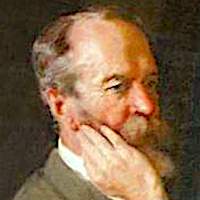
“The prince of darkness may be a gentleman, as we are told he is, but whatever the God of earth and heaven is, he can surely be no gentleman.”
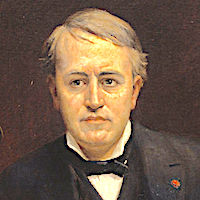
“What you call God I call Nature, the Supreme intelligence that rules matter… Nature is what we know. We do not know the gods of religions. And nature is not kind, or merciful, or loving. If God made me, He also made the fish I catch and eat. And where do His mercy, kindness, and love for that fish come in?”

“According to a notion of the early Christians, the devil would like to ‘play the part of God’. According to Lao-Tzu’s theory, the nature of the devil consists exactly in the attempt of acting the part of God.”

“The same thing which in Lao-Tzu…is the Tao… is Spinoza’s cosmotheism is God as the eternal substance.”
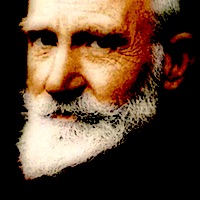
“The apparent multiplication of gods is bewildering at the first glance, but you soon discover that they are the same GOD. There is always one uttermost God who defies personification. This makes Hinduism the most tolerant religion in the world, because its one transcendent God includes all possible gods. In fact Hinduism is so elastic and so subtle that the most profound Methodist, and crudest idolater, are equally at home with it.”

“Jesus was talking the most most penetrating good sense when he preached Communism; when he declared that the reality behind the popular belief in God was a creative spirit in ourselves called by him the Heavenly Father and by us Evolution, Life Force, and other names.”
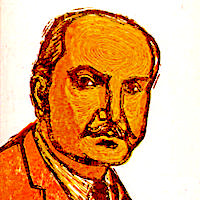
“It is pathetic to observe how lowly are the motives that religion, even the highest, attributes to the deity... That fear first created the gods is perhaps as true as anything so brief could be on so great a subject.”

“At the center of the universe dwells the Great Spirit. And that center is really everywhere. It is within each of us.”
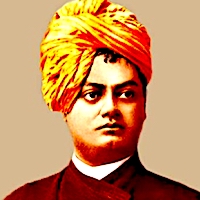
“Where can we go to find God if we cannot see Him in our own hearts and in every living being.”
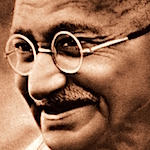
“If I were asked to define the Hindu creed, I should simply say: Search after truth through non-violent means. A man may not believe in God and still call himself a Hindu. Hinduism is a relentless pursuit after truth... Hinduism is the religion of truth. Truth is God. Denial of God we have known. Denial of truth we have not known.”
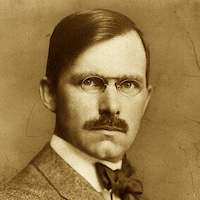
“When I was a boy I believed implicitly in God. I prayed to him, having a vision of him—a person—before my eyes. As I grew older I concluded that there was no God. I dismissed him from the universe... And now–it seems to me–there is nothing but God.”
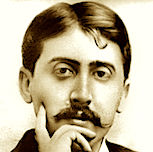
“It has been said that the higher praise of God consists in the denial of Him by the atheist, who finds creation s perfect that he can dispense with a creator.”

“And if there were a God, I think it very unlikely that He would have such an uneasy vanity as to be offended by those who doubt His existence.”

“If you are a boy, your God is a woman. If you are a woman, your God is a boy. If you are a man, your God is a maiden. The God is where you are not. A maiden is the pregnant future. A boy is the engendering future. A woman is having given birth. A man is having engendered.”

“he did not know the immediate, living God who stands—omnipotent and free—above His Bible and His Church... In his trial of human courage God refuses to abide by traditions, no matter how sacred”

“Let yourself be carried away, like the clouds in the sky. You shouldn’t resist. God exists in your destiny just as much as he does in these mountains and in that lake.”
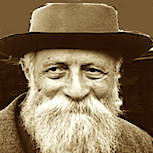
“The atheist staring from his attic window is often nearer to God than the believer caught up in his own false image of God.”
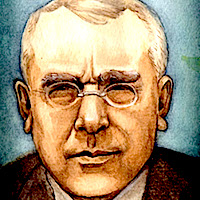
“Like the goal of art is the search for beauty, the goal of religion is the search for God and truth.”

“The word 'God' is for me nothing more than the expression and product of human weaknesses, the Bible a collection of honorable, but still primitive legends which are nevertheless pretty childish.”
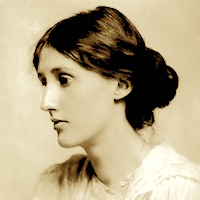
“She thought there were no Gods; no one was to blame; and so she evolved this atheist's religion of doing good for the sake of goodness.”
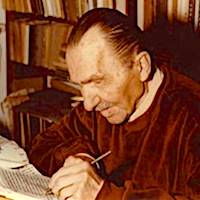
“The truth is that we all are one, that all of us together create god, that god is not man's ancestor, but his descendant.”

“'God'—the Power that always gives us more than we are able to receive and always asks for more than we are able to give.”

“God changes his appearance every second. Blessed is the man who can recognize him in all his disguises.”

“The mythopoetic, theopoetic proess is natural, and goes on today as always; there is a birth rate as well as a death rate of the gods; deity is like energy, and its quantiy remains, through all vicissitudes of form, approximately unchanged from generation to generation.”
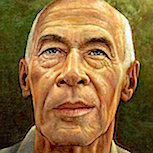
“Imagination is the voice of daring. If there is anything Godlike about God it is that. He dared to imagine everything.”
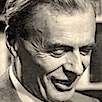
“All gods are homemade, and it is we who pull their strings, and so, give them the power to pull ours.”

“God isn't compatible with machinery and scientific medicine and universal happiness. You must make a choice. Our civilization has chosen machinery and medicine and happiness.”

“In religion all words are dirty words. Anybody who gets eloquent about Buddha, or God, or Christ, ought to have his mouth washed out with carbolic soap.”

“But I don't want comfort. I want God, I want poetry, I want real danger, I want freedom, I want goodness. I want sin. — John the Savage”
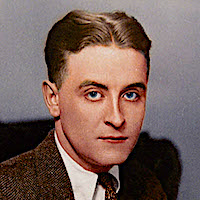
“You can take your choice between God and Sex. If you choose both, you're a hypocrite; if neither, you get nothing.”
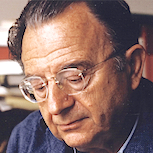
“Theologians and philosophers have been saying for a century that God is dead, but what we confront is the possibility that man is dead, transformed into a thing, a producer, a consumer, an idolator”
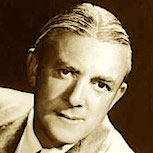
“The will of God or the lunacy of man - it seemed to him that you could take your choice, if you wanted a good enough reason for most things. Or, alternatively, the will of man and the lunacy of God.”
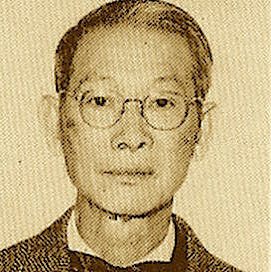
“Taoist philosophy is naturalistic, if not atheistic, and any idea of a god is alien to it.”
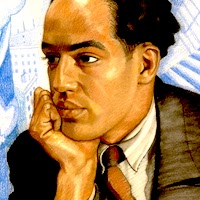
“I've known rivers ancient as the world and older than the flow of human blood in human veins. My soul has grown deep like the rivers.”
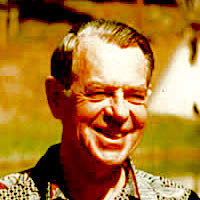
“What is a god? A god is a personification of a motivating power or a value system that functions in human life and in the universe… The word ‘God’ properly refers to what transcends all thinking, but the word ‘God’ itself is something thought about.”

“the way God has been thought of for thousands of years is no longer convincing; if anything is dead, it can only be the traditional thought of God.”

“the false serpent persuaded Adam that he must still do something to become like God… to make himself what God had already made him. That was the Fall of man.”
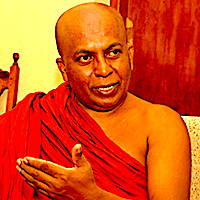
“Two ideas are psychologically deep-rooted in man: self-protection and self-preservation. For self-protection man has created God, on whom he depends for his own protection, safety and security, just as a child depends on its parent. For self-preservation man has conceived the idea of an immortal Soul or Atman, which will live eternally. In his ignorance, weakness, fear, and desire, man needs these two things to console himself. Hence he clings to them deeply and fanatically.”
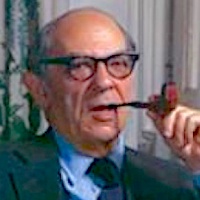
“Jews, Christians, Muslims believed that the true answers had been revealed by God to his chosen prophets and saints, and accepted the interpretation of these revealed truths by qualified teachers and the traditions to which they belonged.”
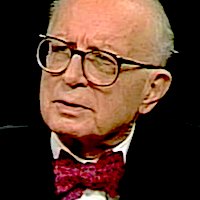
“Western religions begin with a notion that One—One God, One Book, One Son, One Church, One Nation under God—is better than many. The Hindu, dazzled by the wondrous variety of the creation, could not see it that way... the awestruck Hindus never came up with a single grand Creator-God... For so multiplex a world, the more gods the better!”
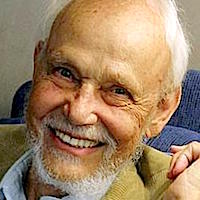
“Hinduism advises people to think of God as the archetype of the noblest reality they encounter in the natural world.”

“I think that God imploded, like a spiritual big bang, to launch the eight civilizations that make up recorded history and the religions in those civilizations.”

“There are many levels of Christianity. There are many notions about God. To believe that God is a person is just one of the notions of God that you can find in Christianity. So, we should not say that there is one Christianity. There are many Christianities.”
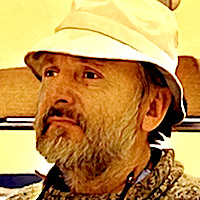
“The Buddha, the Godhead, resides quite as comfortably in the circuits of a digital computer or the gears of a cycle transmission as he does at the top of the mountain, or in the petals of a flower. To think otherwise is to demean the Buddha - which is to demean oneself.”
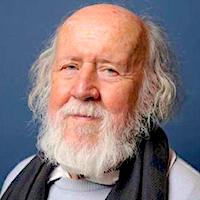
“Man is the most insane species. He worships an invisible God and slaughters a visible Nature without realizing that this Nature he slaughters is the invisible God he worships.”
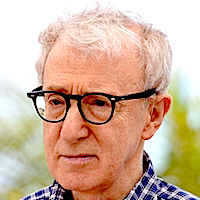
“If only God would give me some clear sign! Like making a large deposit in my name in a Swiss bank.”
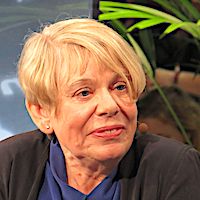
“'God' is merely a symbol that points beyond itself to an indescribable transcendence.”
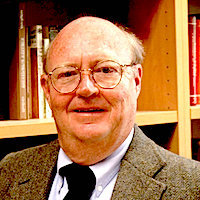
“Bonhoeffer believed that God had been driven from the world and had abandoned it. This belief allowed him to come to grips with the concept of evil. He explored the question of why evil flourishes and whether evil exists. He believed that the individual must take action and in that action find his own God. His Christianity, therefore, became a Christianity without formulas of religion.”

“The message of the Koran is an uncompromising one of absolute monotheism, focused on the ideal of God as truth, mercy, and power; demanding complete submission and ethical conduct; and rewarding the faithful and punishing those who reject his revelation.”
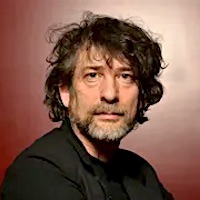 “In the end, all gods fall victim to their thirst for worship.
“In the end, all gods fall victim to their thirst for worship.”

“God is a dream, a hope… someone who loves you—even, perhaps, against all evidence, a celestial being whose only interest is to make sure your football team, army, business, or marriage thrives, prospers, and triumphs over all opposition.”
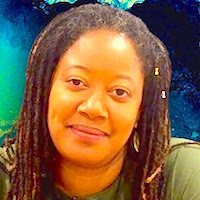
“Real gods aren't what most of you Christians think of as gods. Gods are people. Sometimes dead people, sometimes still alive. Sometimes never lived... They fall in love. Have babies. Fight. Die. It's duty. It's normal. Get over it.”
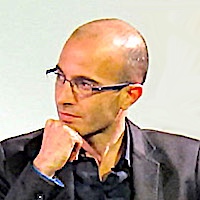
“So, monotheism explains order, but is mystified by evil. Dualism explains evil, but is puzzled by order. There is one logical way of solving the riddle: to argue that there is a single omnipotent God who created the entire universe – and He’s evil. But nobody in history has had the stomach for such a belief.”

“From an ethical perspective, monotheism was arguably one of the worst ideas in human history... What monotheism undoubtedly did was to make many people far more intolerant than before, thereby contributing to the spread of religious persecutions and holy wars... as Christianity and Islam spread around the world, so did the incidence of crusades, jihads, inquisitions, and religious discrimination.”

“I had asked God for one or two extra inches in height, but instead he made me as tall as the sky, so high that I could not measure myself.”
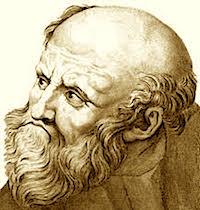
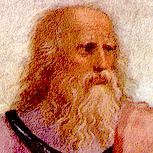

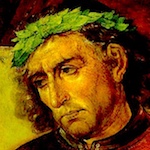
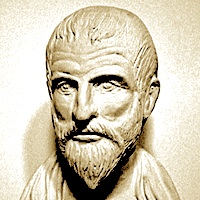
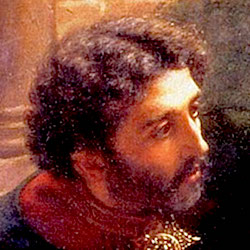
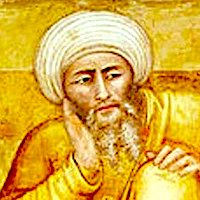



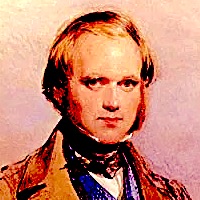
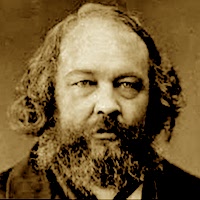
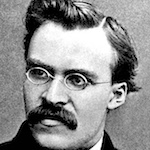
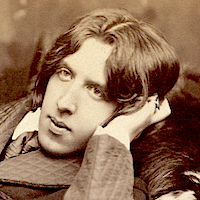
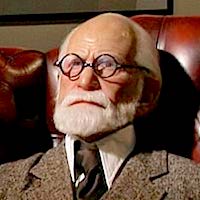
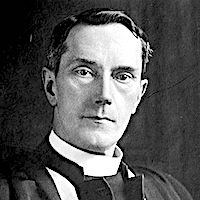
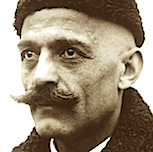
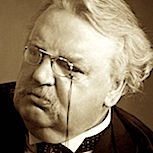

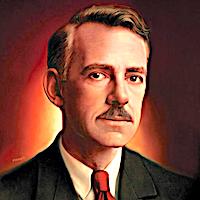
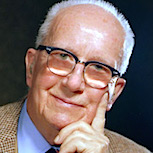
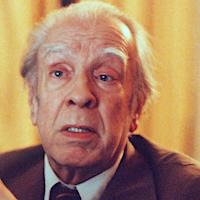

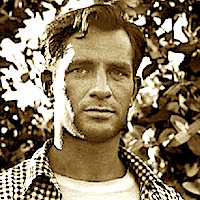

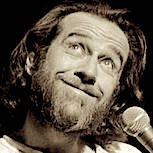
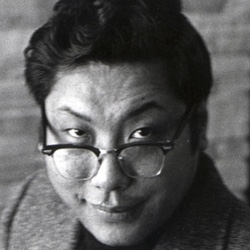
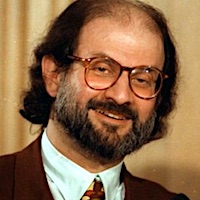
Comments (0)